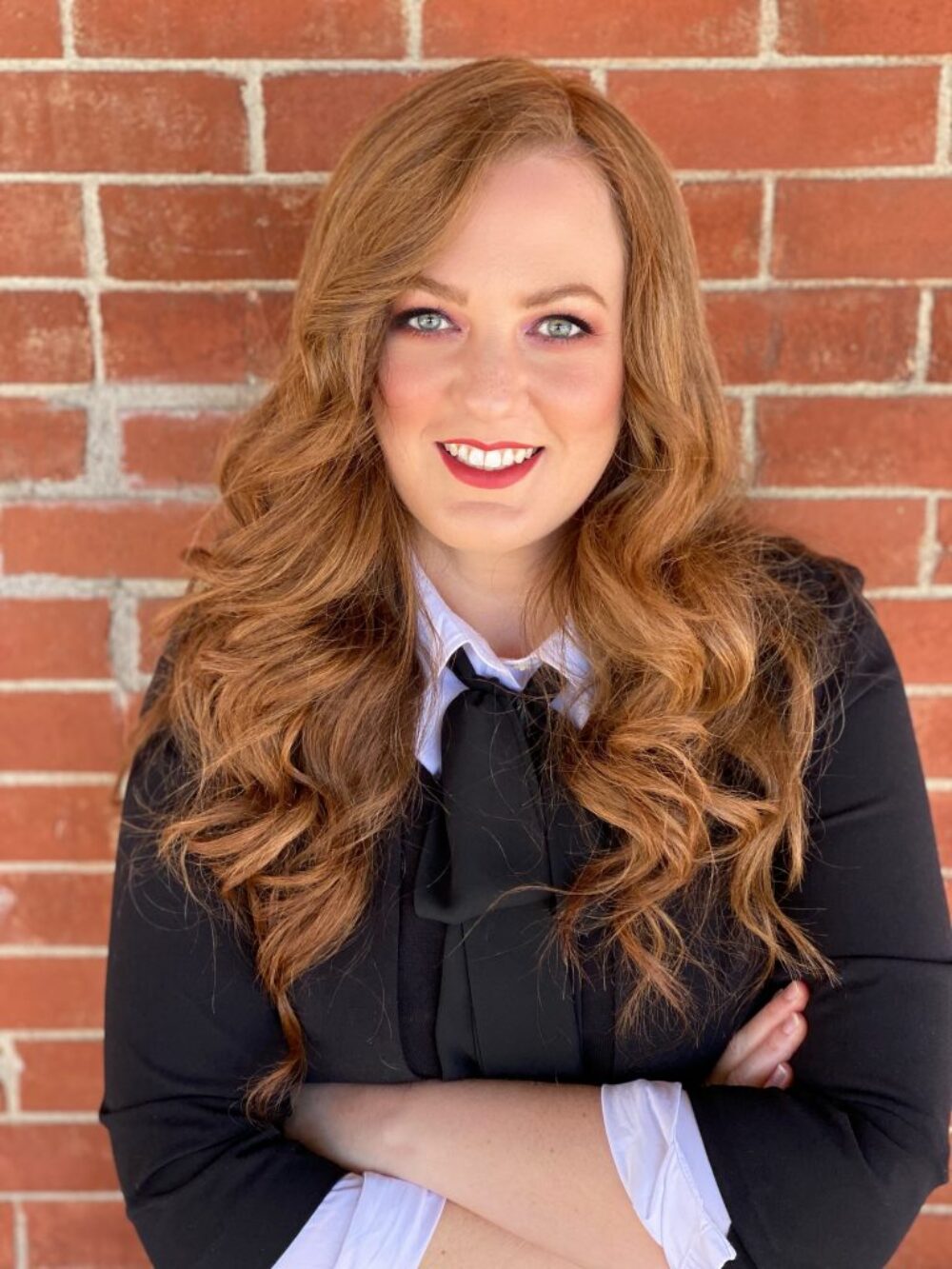OCD at Work
FREE Career Coaching for Adults with OCD
Are you an adult who has been diagnosed with Obsessive-Compulsive Disorder (OCD)? Sign up now to participate in a new research project where you’ll receive free career coaching from a Certified Career Services Provider (Dr. Sarah K. Chorley) who specializes in OCD. The results from this study will hopefully lead to career services being offered in more treatment centers and programs.
Services I Provide
Hi! I’m Dr. Sarah Chorley and I am a Certified Career Services Provider who works with adults with obsessive-compulsive disorder (OCD). My goal as a researcher and practitioner is to help people with OCD find, keep, and enjoy work. Because OCD affects so many aspects of life, it can be difficult to stay employed, much less achieve a career that you’ve always dreamed of! I’m here to help you with work and employment, from figuring out what kind of occupation or career you think you might be interested in to how to talk to your boss about accommodations associated with your specific OCD symptoms.
I am located in Denver, CO, and offer career services sessions in person, but also online through Microsoft Teams. I am a Certified Career Services Provider with a PhD in organizational communication and my research is all about OCD and work. Book a free consultation appointment with me via email at schorley@msudenver.edu.
Why study what it’s like to have OCD at work? Why is it important?
Adults with disabilities face specific and difficult challenges in the workplace, including gaining and maintaining employment (Lindsay, 2010). Employees with hidden disabilities such as OCD additionally take on the hurdles of disclosure and accommodations. In a study investigating the knowledge and perspectives of human resource workers across various organizations, Weber, Davis, and Sebastian (2002) found that there were four primary issues concerning mental health: underreporting of mental health disabilities (workers are reluctant to request accommodations), the impact of demographic differences on mental health (older workers rather than younger workers; female rather than male are more likely to report a mental illness), misreporting of mental health disabilities (HR workers feeling like they had to diagnose a problem), and the impact of the environment on mental health (robust economy lead organizations to hire those they normally wouldn’t). In fact, many industries don’t tend to be very accommodating for people with hidden illnesses (Beretz, 2003).
The research being done here is testing an evidence-based vocational rehabilitation program to see how well it works to help people with OCD find, keep, and enjoy work. Hopefully, this will lead to improved quality of life for adults with OCD!
Current Research
I am currently researching the effectiveness of career coaching for adults with obsessive-compulsive disorder (OCD). If you are an adult with diagnosed OCD, you can participate in this research to receive free career coaching from me, a Certified Career Services Provider with a PhD in organizational communication. We’ll look at how targeted career coaching influences your job satisfaction, work-related tension, and career satisfaction. Send me an email to see if you qualify to participate: schorley@msudenver.edu.


About Me

Sarah K. Chorley, Ph.D., C.C.S.P.
Sarah K. Chorley (Ph.D., University of Colorado) is an Associate Professor at Metropolitan State University of Denver. Dr. Chorley researches organizational communication; specifically, the intersections among obsessive-compulsive disorder (OCD) and organizing. Dr. Chorley’s current research examines the communicative construction and negotiation of OCD and identity in the workplace in order to create a communication-based vocational rehabilitation intervention for adults in intensive OCD treatment. Her other research interests include organizational power, organizational discourse, decision-making, feminist standpoint theory, and applied communication research.